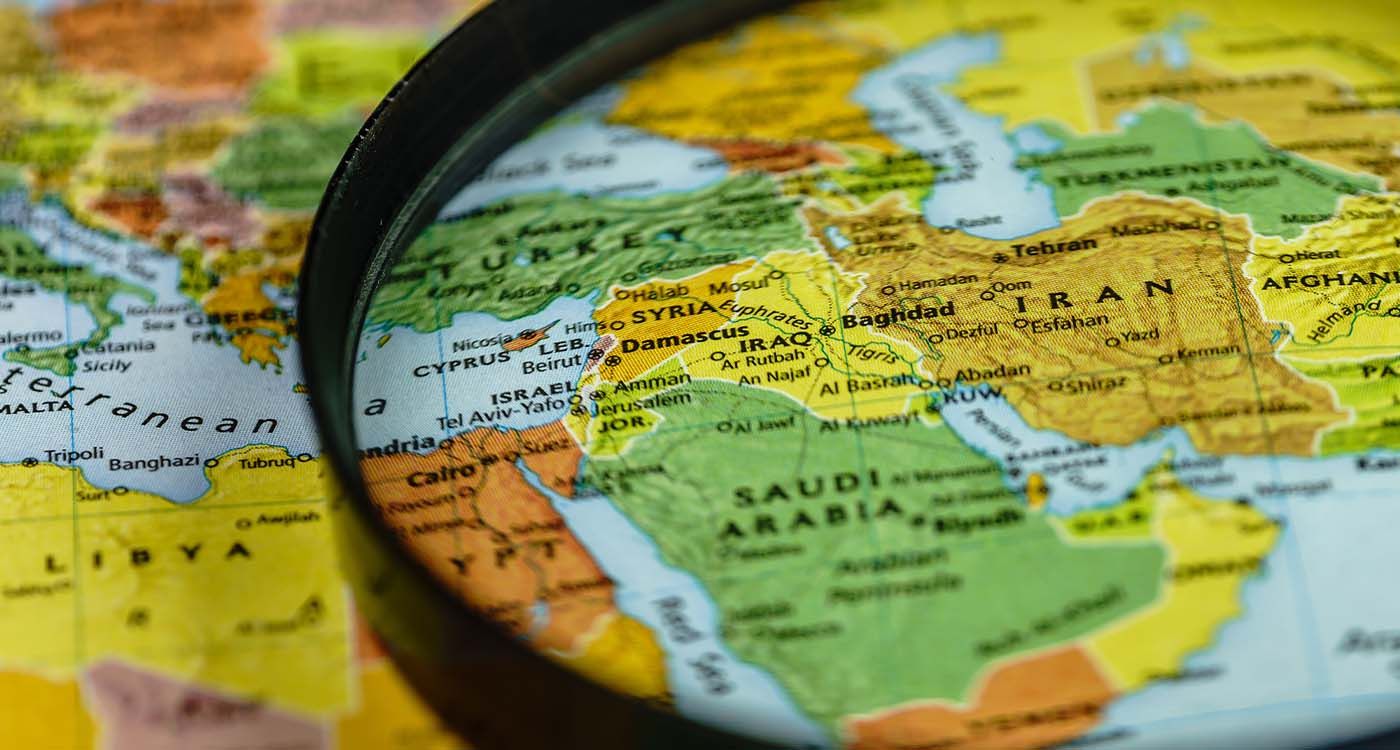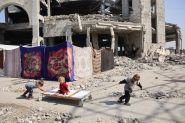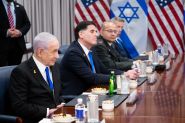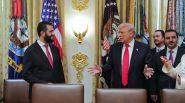- Home
- Middle East
- The Unfinished Wars

©This is Beirut
The regional political scene is quite treacherous, as it conveys misleading signals regarding the outcomes of the ongoing wars in the greater Middle East. American diplomacy remains evasive regarding these wars and their prospects. This uncertainty complicates international relations and makes it challenging for global powers to formulate coherent strategies. This volatility not only affects regional stability but also has far-reaching implications for global security and economic interests.
The first question relates to the state of open-ended war and the inability to define the diplomatic and strategic issues at stake. What would be the nature of negotiations if we were to bring these wars to an end? Is it the negotiation of a capitulation treaty, or a search for accommodation with a totalitarian regime that has not renounced its vindicated imperialism? Are the negotiations limited to managing the nuclear dossier, or do they extend to the destabilizing policies carried out by the Iranian regime across the Middle East, especially after the radical strategic transformations brought about by the Israeli counter-insurgency strategy that overhauled the political and strategic landscapes?
The recent meetings between President Donald Trump and Prime Minister Benjamin Netanyahu remain undisclosed, aside from the general statements emphasizing the cooperation between the two. They have, by and large, agreed on the need to curb the imperial ambitions of the Iranian regime and its proxies. The timetable and strategic details have yet to be disclosed. In the meantime, the region is swaying under the uncertainties that prevail over the strategic and political scenes.
The equivocations of the Iranian situation revolve around a set of strategic and political variables — chief among them, the regime’s status following the destruction of its nuclear and military capabilities. Also in question is the institutional coherence of a system composed of rival power centers, systematically infiltrated by Israeli and US intelligence, whose leadership has been decimated across multiple levels of political decision-making, and whose legitimacy is increasingly undermined across both societal and geopolitical spheres.
One wonders how a diplomacy can operate without defining its predicates or abstracting itself from the late military and political evolutions. Aside from negotiating a capitulation treaty, one cannot see how to bring the conflict dynamics to an end. This warmongering regime is unlikely to be contained without redressing power imbalances and ultimately defeating them. The survival of the regime is inimical to any scenario of normalization, whether internally or at the regional level.
Rather than containing civil strife and the unraveling of the geopolitical order, the very survival of this regime compounds the ingredients of generalized civil wars and embedded chaos. The ultimate goal of Iranian diplomacy is to secure the regime’s survival and defer its subversion timetable. Presumably, the US and Israel have agreed on a shared perception and left it to the US to negotiate scenarios of deconfliction that may prepare the ground for broader diplomatic objectives to address peace issues and integrated security architecture.
The unraveling of the “integrated strategic platforms” devised by Qassem Suleimani has yielded different political landscapes. Syria’s takeover by the recently moderate Islamists traces back to the systemic inability of the Assad regime to reform itself and rebuild the devastated country, embrace national reconciliation, and reengage the international community. The new regime demonstrated its willingness to normalize its international status, launch the long-awaited reconstruction process, and restore Syria’s territorial integrity.
Nonetheless, its ability to muster domestic support is undermined by Islamist irredentism and radicalism, Sunni power politics, and religious supremacism. It has failed, so far, to address the thorny issues of political and religious pluralism and civil equality. The moral callousness demonstrated towards the Christian, Druze, and Alawite communities after the cascading massacres betrays its inability to overcome the strictures of Islamic supremacism. The geopolitical incidences of these well-entrenched religious and political attitudes are quite discernible and shall most likely impact the chances of national and political reconciliation.
The Lebanese situation features deepening cleavages that beset the hypothetical national community. The Shias have a hard time coping with the fallouts of a devastating war with Israel, which weakened the country’s national and political stature and questioned the viability of the liberal and democratic credentials of the Lebanese commonwealth. The new power structure, which succeeded two years of political vacuum, was adroitly instrumentalized by Shia power politics to rehabilitate its downgraded political fortunes and reengage the politics of domination.
This shift has led to an increasingly polarized environment, where sectarian identities are amplified, and the potential for inclusive governance diminishes. As tensions rise, the challenge remains for Lebanon to navigate these complex divisions while fostering unity and stability in a hazardous geopolitical landscape. The inability of the new executive to restore sovereignty, challenge the power drive of Shia fascism, implement the international security resolutions (1701, 1680, 1559), and rehabilitate the badly battered democratic ethos and institutions is highly deleterious. The viability of Lebanon intersects with the viability of democratic institutions. Therefore, the country is made vulnerable to various forms of interventionism, outright subversion politics, and terrorism cutting across the Shia-Sunni political divides.
The Iraqi context is still swayed by the overlapping political fractures and their impact on civil concord, institutional engineering, and regional political stability. So is the Yemeni political environment, where the sectarian and geopolitical divides and Iranian power politics tend to question civil peace and the chances of negotiated political solutions within the country and at the regional level. The wars of the larger Middle East are unlikely to abate as long as the democratic approach to conflict resolution is out of scope, the conflicts are festering, and the zero-sum game plot defines power strategies and their deferred wars.
Read more




Comments